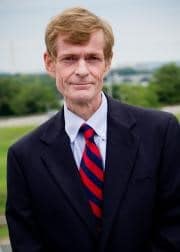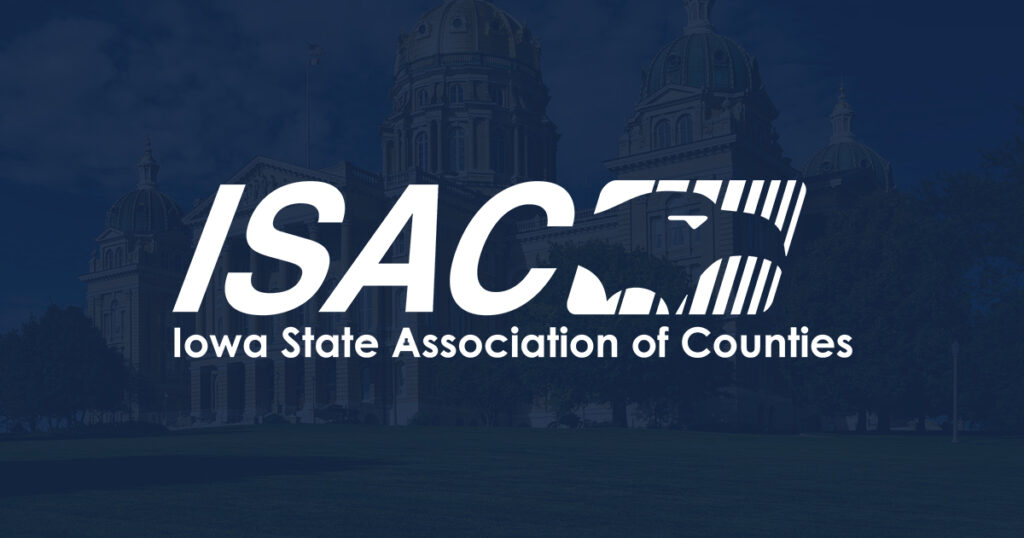Nonprofits want to spark caucus discussion on federal fiscal policy

Let’s face it: The national debt and the federal budget deficit aren’t likely to be top of mind for many Iowans. The decidedly wonky topics may not be front and center for presidential candidates who will soon be campaigning in Iowa, either.
However, two nonpartisan groups hope to raise awareness of just how unsustainable the federal government’s fiscal outlook is. The Concord Coalition and Fix the Debt recently launched a joint initiative called First Budget to highlight the urgency for addressing the national debt and fiscal deficit at the start of the next presidential administration.
In Iowa, the groups are working with the Greater Des Moines Partnership and Drake University to host a series of issue forums, the first of which will be held Feb. 12 at Des Moines University.
The groups are also expanding their grass-roots presence in the state. They say they have recruited about 100 volunteers in Iowa ranging from college students to state legislators and business leaders, and are seeking more volunteers to take the message to the candidates as they visit Iowa.
“We want the public and the caucus-goers and the business community to

|
| Robert Bixby |
focus on the fact that when the candidates come through, that all of their proposals, whatever they are, need to fit within a sustainable budget,” said Robert Bixby, executive director of The Concord Coalition. Bixby was in Des Moines last week with other coalition and Fix the Debt leaders to promote the initiative to media outlets.
A key part of the initiative will be to educate voters in a nonpartisan way about the national debt, which on its present course threatens to consume nearly all federal revenues within just 10 years, the groups say. Citing Congressional Budget Office figures, the groups warn that Social Security, Medicare, Medicaid and interest on the debt will take up 94 percent of all federal revenues by 2025.
And though the federal deficit has been shrinking in the past few years, it’s projected to start growing again within the next two years and reach nearly 80 percent of the U.S. gross domestic product within the next 10 years.
“The numbers that people used to cite as long-term challenges are not so long-term anymore,” said Mike Murphy, senior manager of policy and strategic initiatives with Fix the Debt. “When the next president comes into office, they’re going to face a situation that’s pretty bleak. We’re trying to sort of till the ground for action.”
The Partnership and Drake University will host policy forums on key fiscal issues, beginning with a forum on health care costs on Feb. 12 at Des Moines University. Click here for more information and to register. Subsequent forums will focus on retirement security, tax policy, national defense and domestic infrastructure.
“The idea here is to spur a more realistic discussion about some of the challenges that will go into that first budget,” Bixby said.
Click here for more information about First Budget or to get involved.








